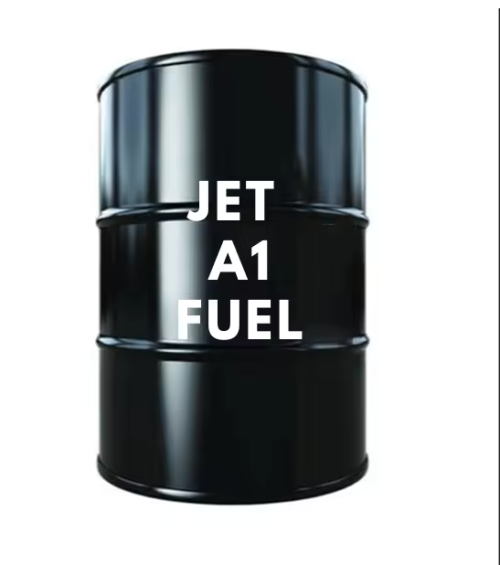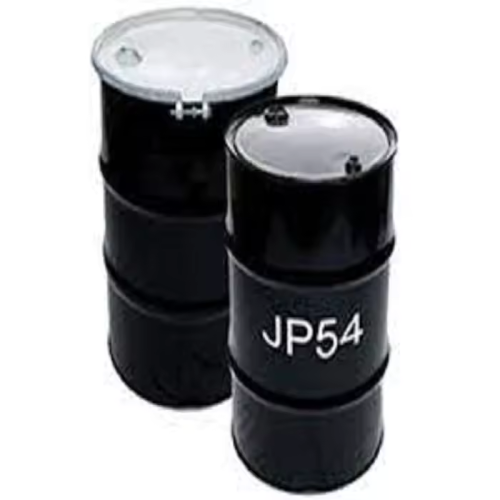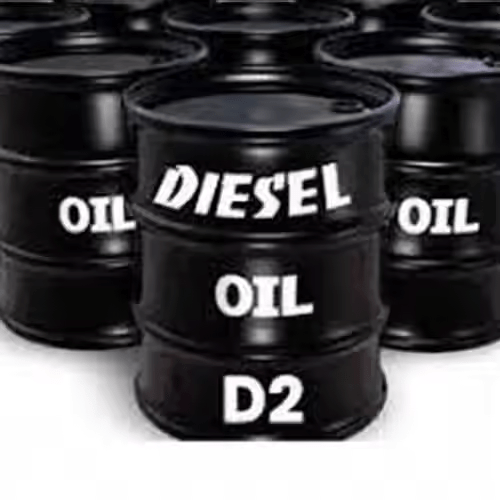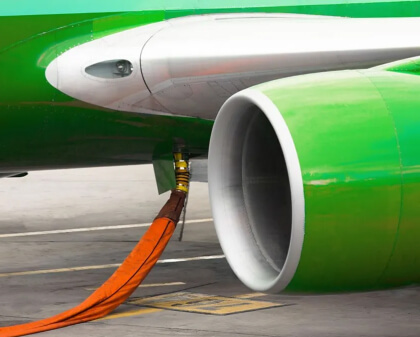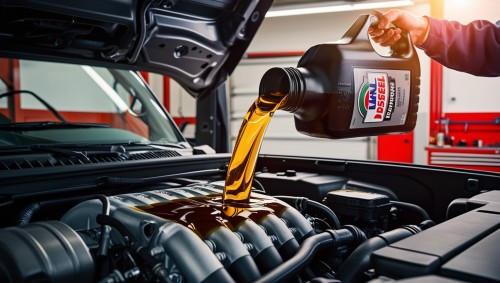The right diesel engine oil is important for helping your vehicle run smoothly, efficiently, and for a long time. Diesel engines for cars, trucks, or tractors all require specialized oils and put severe demands on them. How can you pick the best diesel engine oil with so many choices available? We'll discuss diesel engine oil fundamentals, types, and what to consider while choosing it. What Everyone Should Know About Diesel Engine Oil Diesel engine oil is formulated specially to deal with the high compression and intense heat that diesel engines create. While all engine oils keep moving parts smooth, diesel engines have special needs. Diesel engine oils have unique properties that prevent sludge development and lessen engine wear and corrosion, yet all engines lubricate moving components. This article will examine critical points to remember when choosing the best diesel engine oil for cars, trucks, or tractors. Types of Diesel Engine Oil Different types of diesel oil exist and are suited for various applications. Here are the most common ones: ● Conventional Diesel Engine Oil: This oil is made from crude oil and is appropriate for older engines and vehicles with simpler engine demands. While cheap, it might not perform as well when subjected to extreme temperatures as synthetic oils. ● Synthetic Diesel Engine Oil: Synthetic oil, made from chemically modified compounds, performs better against heat, cold, lubrication, and engine wear. Newer, high-performance diesel engines and vehicles that continue to run under extreme conditions are sometimes advocated for the use of synthetic oil. ● Semi-synthetic or Blended Diesel Engine Oil: This mix of conventional and synthetic oil offers the affordability of traditional oil but some of the performance benefits that synthetic oil provides. It's an excellent in-between option for those who need better performance without paying market prices. Diesel Engine Oil Viscosity When purchasing diesel engine oil, you will encounter one important term similar to viscosity. Viscosity means the oil's thickness or resistance with which it flows. On oil containers, viscosity ratings will be shown by a series of numbers and letters, e.g., "15W-40" or "5W-30". ● The first number signifies the oil flow rate in cold temperatures, followed by a "W." The lower the number, the better the oil flows in cold weather. ● The second number shows the oil’s thickness at high temperatures. The higher the number, the better the oil thickens in hot conditions. What’s the ideal viscosity for diesel engines, then? 15W—40 viscosity is also often suitable for most diesel engines because it offers a good balance between cold and hot environment performance. Always check your vehicle’s owner manual for specific recommendations, but… Diesel Engine Oil Additives Diesel engine oil also includes vital additives. They’re chemical compounds added to the oil to increase performance. Some common diesel engine oil additives include: ● Detergents and Dispersants: These additives keep contaminants floating in the oil, where they can be removed during an oil change. ● Anti-Wear Agents: These additives overcome the metal's natural friction with other machinery parts. ● Antioxidants: They protect the oil from too high a temperature, breaking it down. These additives each extend engine life and keep the engine performing as always. They are usually balanced and mixed with quality diesel engine oils. Selecting the Perfect Diesel Engine Oil Now that we’ve discussed the basics let's move on to how to choose diesel engine oil that meets your needs. Here are some factors to keep in mind: ● Follow Manufacturer Recommendations: Your owner’s manual will tell you what kind of oil your vehicle takes, its viscosity number, and its service rating. ● Consider Your Driving Conditions: If you drive on the road heavily, if the road is impassable, if the road is filled with puddles, etc., synthetic oil will be better for you as the protection they provide is higher. ● Frequency of Oil Changes: Diesel engine oil change intervals differ for all oils. Synthetic oils generally need to be changed more often than conventional oils, so look at the time between changes you are comfortable with and select accordingly. ● Look for Quality Ratings: When purchasing oils, you should look for ones that meet industry standards, such as those rated by the American Petroleum Institute (API) or the European Automobile Manufacturers’ Association (ACEA). ● Evaluate Cost vs. Benefits: Synthetic oils are generally more expensive, but an extended oil change interval and less engine wear will save you money. How much will you make, and how long will you keep your vehicle? Different Best Diesel Engine Oil for Different Vehicles When it comes to specific types of diesel engines, it’s worth noting that different vehicles might benefit from different oil formulations: ● Best Diesel Engine Oil for Trucks: Heavy truck loads put more stress on the engine. A high-performance synthetic oil, particularly something with a viscosity similar to 15W-40, is recommended for trucks, as this will handle this condition. ● Best Diesel Engine Oil for Tractors: Tractors and other heavy machinery work in demanding environments under heavy loads. Suppose you're running these engines with these approaches. In that case, you're probably already using a durable high-viscosity oil such as a 15W-40 or, better yet, a 20W-50 oil fortified with strong anti-wear and detergent additives. Diesel Engine Oil Guide for Regular Maintenance Oil changes are necessary to keep your engine healthy. Conventional oils should be changed every 3,000 to 5,000 miles, while synthetic oils could run up to 10,000 miles or more. While your owner's manual specifically tells you what to do, each engine type and vehicle will likely differ. Lastly, watch for signs that it's time to trade in your oil, such as a drop in gas mileage, strange engine noises, or even a warning on the panel. Regularly changing your engine's oil is best to keep it running smoothly and avoid costly repairs. Conclusion Choosing the wrong or right diesel engine oil can dramatically affect your engine's performance and lifespan. That’s why it is essential to know diesel engine oil types, viscosity, and additives, and your vehicle’s particular engine needs to choose an oil that keeps your engine running in its best possible condition. And remember to use the oil your manufacturer recommends, along with the weather and your driving conditions (and the oil that best suits your wallet and maintenance preferences).
Southland Boundless Advisors Ltd. (T&T)
Southland Boundless Advisors Ltd (SLBA Ltd.)is based in the Republic of Trinidad and Tobago, West Indies and operates in several major subsectors globally:



.png)
